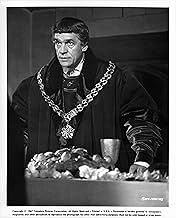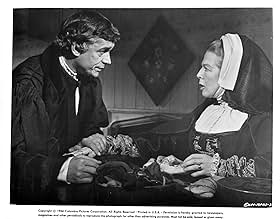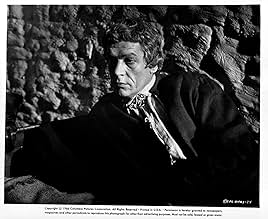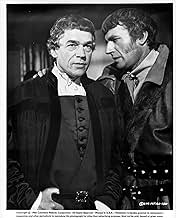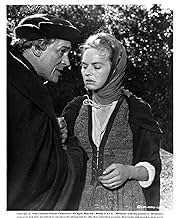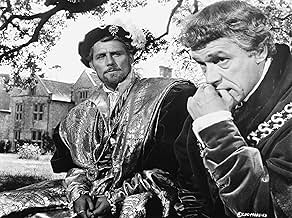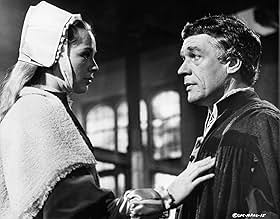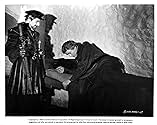Il re Enrico VIII d'Inghilterra è deciso a ripudiare Caterina d'Aragona, che non gli ha dato figli, e a sposare Anna Bolena, di cui è innamorato. La Chiesa Cattolica però è contraria...Il re Enrico VIII d'Inghilterra è deciso a ripudiare Caterina d'Aragona, che non gli ha dato figli, e a sposare Anna Bolena, di cui è innamorato. La Chiesa Cattolica però è contraria...Il re Enrico VIII d'Inghilterra è deciso a ripudiare Caterina d'Aragona, che non gli ha dato figli, e a sposare Anna Bolena, di cui è innamorato. La Chiesa Cattolica però è contraria...
Best Picture Winners by Year
Best Picture Winners by Year
See the complete list of Best Picture winners. For fun, use the "sort order" function to rank by IMDb rating and other criteria.






